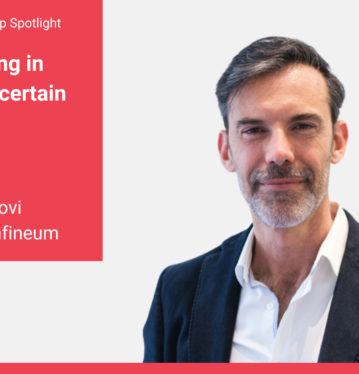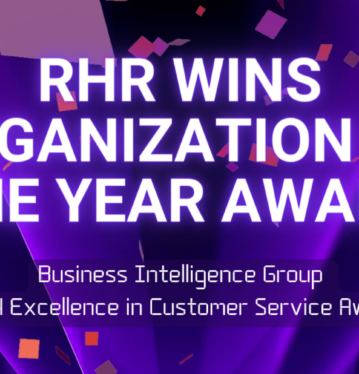The CEO as a Potential Risk Factor

“That’s the biggest risk a board has—is if you pick the wrong CEO…”
Warren Buffett
June 24, 2021
Warren Buffett, legendary CEO of Berkshire Hathaway, knows a thing or two about what does and doesn’t make a business successful. He pulled no punches in May. In addition to sharing some of what Mr. Buffet believes are a firm’s biggest risk factors, let me highlight some thoughts of my own.
A company’s prospectus and annual report typically list any identified risks that can have a material impact on the company and its business, such as economic, legal, financial, environmental, and regulatory dangers, to name a few. A top-notch prospectus will identify the probabilities and may identify plans to compensate for these possibilities. A best-in-class prospectus even identifies succession plans, just as Warren Buffett announced his own succession plan at the most recent annual meeting. However, he also pointed out the biggest risk that is seldom, if ever, addressed in the prospectus or annual report. I will start with his and add some other red flags.
- Warren Buffett’s biggest risk factor: The nice person—well-liked and doing their best but inadequate for the task of running the company. The individual’s values and personality are decent and grounded, but their behavioral capabilities may be in short supply. In such cases, the board of directors may give the individual too much of a pass, particularly if it avoids conflict.
- The CEO who does all of the talking. This is the CEO whose listening skills are absent or in short supply. They send far more information than they are willing to receive.
- The CEO who asks for input but employs it infrequently. The not-invented-here attitude rejects others’ ideas, even inside the company. It is not very motivating for the executive team.
- CEOs who are reluctant to borrow good ideas from competitors or other industries that could be applied inside their own company. Such CEOs do not scan broadly enough for fresh perspectives, business threats, or novel approaches.
- Risk-averse CEOs. These CEOs are too conservative and only try things that are guaranteed to succeed. Risks should always be evaluated, but if certitude is required on all decisions, moving forward will not grow a company or build a strong strategy. This can be seen occasionally in the year or two before a CEO retires because they want to protect their legacy.
- CEOs that feel they must have all the answers because they are the CEO. This is the psychological burden of self-expectation that the CEO should know everything there is to know. It is a psychological constraint that limits a person’s ability to learn from others.
A fundamental element to avoid many of these risks is to have a board that not only understands the business and key players in the company but also, even more importantly, has strong engagement with and meaningful insights into the mind and character of the CEO. Many CEOs will complain about a board that is too intrusive. On the other hand, seldom do CEOs complain about boards that are not sufficiently involved or do not appropriately challenge the CEO’s strategy or direction. So the basic remedies for the board are meaningful involvement, ongoing dialogue, and a results orientation that holds the CEO accountable for delivering on goals.
“RHR International has been in the business of CEO fit, CEO succession, executive team effectiveness and board consultation for more than 75 years. I was part of the organization for 20 years. I recommend RHR without reservation.”
Gene Morrissy
Retired Partner
Contact us for more info at marketing@rhrinternational.com











